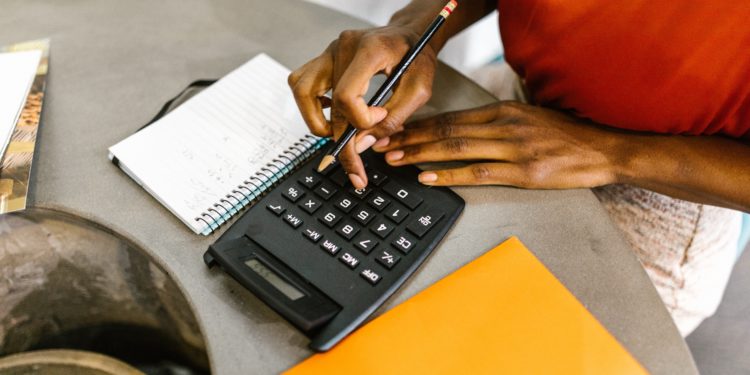Kenyans continue to experience high costs of living in 2023 despite the ‘alleged’ efforts by the Government to stabilize the economy and reduce the prices of basic commodities since the last general elections which were held on August 2022.
According to the Kenya National Bureau of Statistics (KNBS), the country’s annual rate of inflation for the month of February 2023 has increased by 0.2% to 9.2% from 9.0% in January 2023. The rise in inflation is partially being reflected in the rising prices of basic commodities such as cabbages, milk, cooking gas, and electricity.
Notably, the increase in food prices seems like a reverse trend given that the rate of inflation has been on the decline for three consecutive months to 9.0% in January, leaving Kenyans struggling to meet their daily needs.
The Kenya National Bureau of Statistics (KNBS) Consumer Price Index (CPI) indicated that food commodities greatly contributed to the high inflation in the country.
The report highlighted some of the commodities that rose significantly, including cabbages by 11.3% per kg, Sukuma wiki (kales) by 11.0% per kg, and carrots by 11.3% per kg for the one-month period. Tomato prices also increased by 7.8% compared to January while the prices of fresh unpacked milk increased by 2.0%.
Other household items suffered the same fate with the price of cooking gas increasing by 4.7% in February compared to January. Moreover, the report continued to highlight that the price of wheat flour fell by 2.4% while the price of maize flour fell by 2.5% over this one-month period. The price of sugar dropped by 3.2% over the same period.
Read: Kenyans Decry Skyrocketing Fuel Prices Amidst High Cost Of Living
Meanwhile, on 24th Feb 2023, while launching the Taifa Gas plant in Dogo Kundu, the Head of State, President Ruto threw tantrums at his predecessor claiming that Uhuru Kenyatta had left the economy in a mess through reckless borrowing which he, Ruto, has been fixing since his tenure began.
“My first assignment the last five months was to consolidate and stabilize the economy of our country that had been battered by reckless borrowing and unnecessary subsidies,” said Ruto. “That is why today the economy of Kenya has stabilized, and I want to assure all our citizens that we will not go back to reckless borrowing, we will not go back to subsidies that benefit brokers, cartels, and people who are politically correct.”
While President Ruto made these firm statements suggesting a stabilized economy, Kenyans seem not to feel the same effect in their daily lives. In fact, there has been a number of protests against the government on the high cost of living by a number of parties.
For instance, Azimio One Kenya Alliance, led by former Prime Minister, Hon Raila Odinga, has been holding mass rallies in protest against the high cost of living promised by the Ruto government in his manifesto.
The most recent one is the protest by one of Kenya’s prominent comedian, Eric Omondi, and his team, who took to the gates of parliament demanding to address their concerns on the rising food prices to Senator Orengo to present them to the government of the day.
The question is, how is the government planning to ease Kenyans’ high cost of living? One of the major areas of concern is the agricultural sector where President Ruto plans to increase production by ensuring that more than 4.5 million farmers have access to subsidized fertilizer in order to eliminate the overall shortage of food and high cost of living.
The government claims to be on a trajectory to fix production issues in the long run.
Read:Tough Times Ahead As Kenya’s Inflation Expected To Peak In January 2023
Kenya also plans to import oil from the United Arab Emirates (UAE) on credit starting next month to ease pressure on dollar demand to cushion Kenyans from any possible adverse effects that might result from the uncertain dollar demand.
Given that oil imports accounted for 29.7% of Kenya’s national imports as of Q’2022, the purchase on credit, of between six months and a year, will reduce the overall demand for the dollar against the Shilling which fell by 3.5% to Kshs 127.8 as of today, 06/03/2023, from Kshs 123.4 at the start of the year.
Additionally, the government plans to close the negative balance of trade through export growth, factor productivity and economic development, and job creation in Kenya. In fact, Kenya recently signed a Euro 25.0 million funding trademark to facilitate a five-year program that will boost Kenya’s exports and support the government in creating a conducive business environment.
With the current political atmosphere, Kenyans have mixed reactions to the state of the economy. While the government claims to have stabilized it, the taxpayers feel otherwise. At this point, only time will tell!
Email your news TIPS to editor@thesharpdaily.com

















